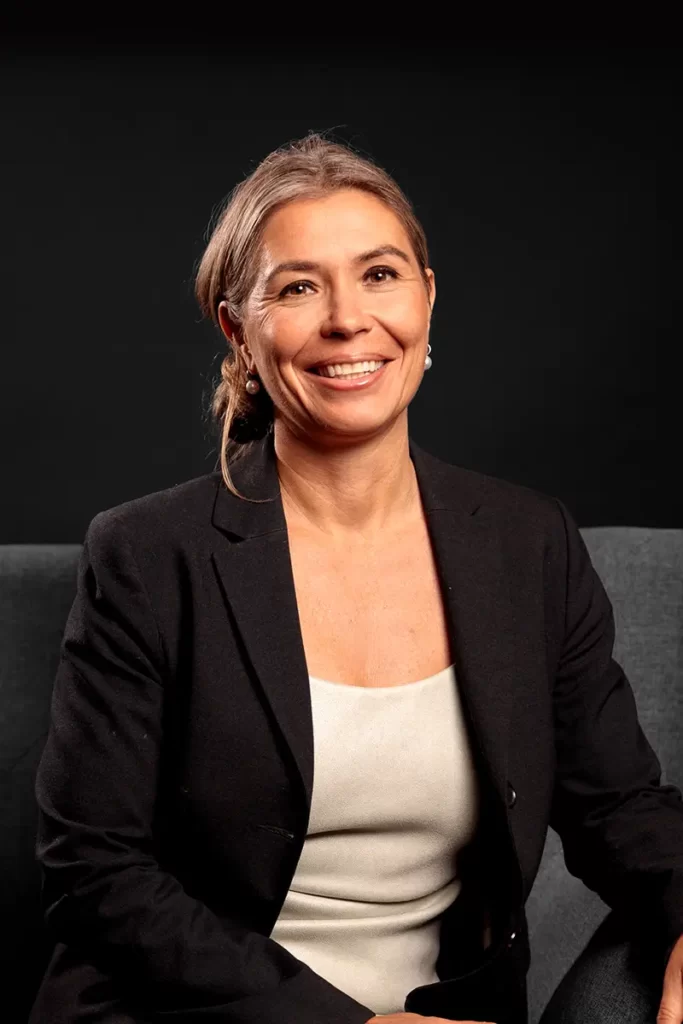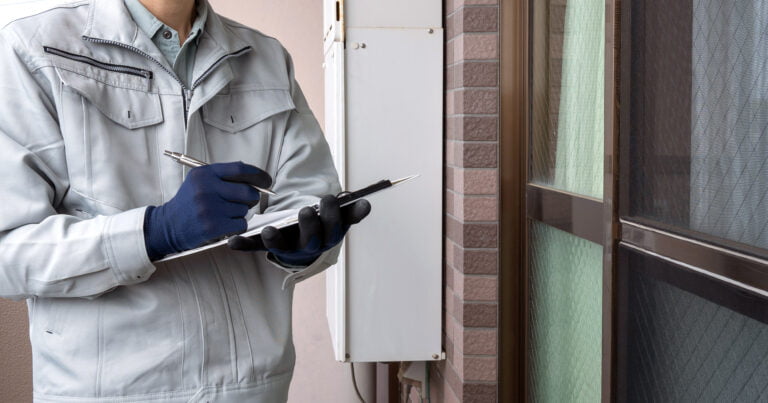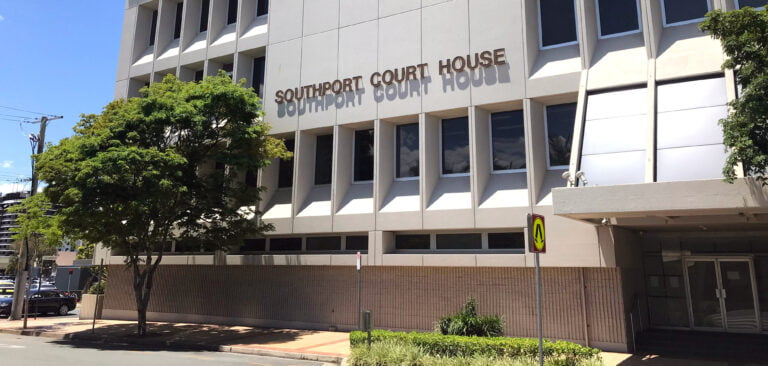Brisbane Conveyancing Solicitors
Helping you successfully buy and sell real estate in Brisbane
Buying and selling real estate can be a stressful process. Our Brisbane lawyers take the time to ensure your transaction proceeds to settlement on time without fuss.
In the current real estate climate, we understand that the market moves fast. Our team is able to provide you with conveyancing services without delay so that you can make an informed decision and act quickly.
Brisbane lawyers and solicitors here to support you
Whether you are selling your Brisbane home, or purchasing a new property, the conveyancing process can be overwhelming. In most instances, your home is the biggest investment you will ever make. We are one of Brisbane’s leading lawyers. Our experienced property team will help you protect your interests and ensure your transaction is handled in the most efficient and cost-effective way. We can assist with the purchase or sale of:
- Houses, townhouses, and units
- Investment properties
- Vacant land
- Off-the-plan properties
Attwood Marshall Lawyers offers FREE pre-signing advice on Queensland contracts so that you can obtain a thorough understanding of the contract before you sign the dotted line and know exactly what you are committing to.
We are also able to help you:
- Negotiate the terms of a contract
- Draft special conditions you wish to include in the contract
- Undertake thorough property searches
- Guide you through the conveyancing process
- Determine your eligibility for, and assistance with applying for, stamp duty concessions and exemptions, and the First Homeowner’s Grant (FHOG).
With extended business trading hours and a 24/7 phoneline, our Brisbane lawyers are available to help you make an informed decision when you are buying or selling real estate.
Free Info Pack
Provide your details below and our ‘Buying Property in Queensland’ Information Pack will be sent to your inbox.
Conveyancing FAQs
Conveyancing is where the ownership of the property, or land, is transferred from one person (or entity) to another person (or entity).
When you are buying property, you do not want to be faced with any nasty surprises. By having a property lawyer review the contract, you can have peace of mind in knowing that you have a thorough understanding of your legal obligations when entering the contract, what the terms and conditions are, as well as any special conditions the other party may have included.
A standard Contract of Sale provides you with a 5-day cooling off period. The cooling off period starts on the date you (or your lawyer) receives the signed contract. During this time, you have the right to terminate the contract if you change your mind, or for any other reason. However, it is important to understand that if you choose to terminate the contract during the cooling off period, the seller can impose a financial penalty of 0.25% of the purchase price, which will be deducted from your deposit.
There is no cooling off period if you buy a property at an auction.
Yes! It is always recommended that you include this clause in a standard QLD Contract of Sale and obtain a reputable pest and building inspection report. This condition needs to be completed correctly within the contract, otherwise your contract will not be subject to this term and if you are not happy with the report you receive, you will not be able to terminate the contract on this basis.
Our property lawyers always confirm that the terms and conditions within the contract have been drafted correctly before you sign, to ensure your best interests are protected.
If you require a Contract of Sale to be subject to finance approval, you will also need to complete the section relating to this term contained in the standard QLD Contract of Sale.
It is important that you ensure the finance section of the Reference Schedule is completed in full. If you fail to complete this section correctly, then the contract may not be subject to finance.
The amount of deposit that needs to be paid to secure a property must be agreed upon by both the buyer and seller. In most cases, a deposit of 5-10% of the property’s purchase price is what is expected to be paid.
A deposit can be paid in two instalments. Usually, an initial deposit of a nominal amount is paid by the buyer when the contract is signed. The remaining balance of the deposit is then usually paid when the contract becomes unconditional (or alternatively if another agreement is made between the buyer and seller).
When you sign a contract to purchase a property in Brisbane, you assume risk of the property from 5pm on the second business day after the contract date. Therefore, it is extremely important that you organise insurance at the earliest opportunity to ensure that you are covered if something unexpected happens. To find out more information about insurance recommendations when purchasing property, contact our team anytime on 1800 621 071.
Stamp duty is a government tax that is applied to a property transaction. The stamp duty you need to pay will be determined by several factors, including how much you paid for the property, and if you are eligible for a stamp duty concession or exemption.
Stamp duty exemptions are available for first home buyers, however there are still a number of requirements first home buyers must meet in order to benefit from the exemption. For house hunters purchasing their principle place of residence, you may also be entitled to a stamp duty concession.
If you would like advice on your circumstances, contact our Brisbane property team on 1800 621 071.
What to know how much stamp duty you may be required to pay? Click here.
A property settlement is the final stage of a property transaction. Settlement is where the buyer pays the remaining balance of the contract price to the seller and takes legal possession of the property.
A settlement can take place electronically, or by way of a paper settlement.
An electronic settlement (e-Conveyancing) can be completed through PEXA. Attwood Marshall Lawyers are PEXA certified and therefore execute most settlements electronically. Instead of physically attending settlement, the parties involved in the property exchange (namely the lawyers representing the parties, and their financial lenders) finalise the details in a secure virtual settlement room (online). Following an electronic settlement, the land title register is updated to show the buyer as the new owner, and the balance of the sale proceeds are electronically transferred to the seller’s bank account.
Once the title has been registered in the new owner’s name, the local authorities, including Brisbane City Council, will be informed by the land title registrar.
Paper settlements require parties to meet at a physical place. Typically, the seller’s and buyer’s lawyers attend settlement on their client’s behalf. The transfer is provided to the buyer’s incoming finance lender, or the buyer’s lawyer, who will lodge the transfer documents with the QLD land title registry. Then, on the seller’s behalf, the seller’s cheque for the balance of the sale proceeds is handed to their lawyer and to the bank.
Registration of Transfer happens after settlement. It is usually completed by your lawyer or home loan lender. Once registration is completed, the property will be officially recorded on the QLD Land Register, noting the buyer as the property’s registered owner.
If you are selling real estate, you are legally obligated to disclose specific information about the property, including:
- If there is a safety switch installed.
- If there are compliant smoke alarms installed.
- If the land is recorded on the Contaminated Land Register or the Environmental Management Register. If the land is recorded in the register, you must disclose all relevant information about the record, and, if the land is subject to a site management plan, then you must also include details of the plan.
- If any building works have been carried out by an unlicenced builder and the property is being sold within six years of that work being completed, you must provide detailed information about the work that was carried out, along with the relevant warning required under legislation.
- If there are any applications to, or orders made by, QCAT in relation to trees affecting the property.
If you entrust a real estate agent to sell your property for you, they will provide you with marketing services and will try to obtain the best price for you. The real estate agent will also prepare the standard contract of sale when you have a buyer interested in the property. The real estate agent will be entitled to receive a commission from the seller when the property is sold. It is important to understand that a real estate agent cannot provide legal advice. They also cannot modify a standard contract of sale or draft special conditions that you may wish to include as part of the sale terms.
If you sell your property privately, this means it is an unadvertised sale which is not open to the public. Negotiations happen directly between the buyer and the seller. The seller’s lawyer will prepare the draft contract of sale which will then be supplied to the buyer’s lawyer for review.
An auction is conducted by an auctioneer, or a qualified real estate agent, and involves the public sale of a property. Auctions are governed by strict rules and must be advertised for a specific time, date, and location. Anyone interested to buy the property can place their bid during the auction. The property is sold to the person who places the highest bid.
The successful bidder will be legally obliged to buy the property; there is no cooling off period when you purchase a property at an auction.
If you are selling a property that has a mortgage on it, you will need to arrange for the mortgage to be released upon settlement. To release a mortgage, you must complete a ‘Formal Release of Mortgage Form’ and present it to your home loan lender. It is important to note that the discharge process can take up to three weeks. We recommend that you arrange this with your lawyer or lender at the earliest opportunity to ensure this does not cause any delay to settlement.
Land tax is levied on the taxable value of all freehold land owned in Queensland. It is calculated at midnight on 30 June each year. The tax rate that applies will depend on several factors, including:
- The total taxable value of the land
- If you are eligible for tax exemptions
- The type of owner you are
The seller is liable to pay any land tax on the property prior to settlement.
In order to make sure the buyer is not charged land tax on the land they are purchasing, the buyer will need to apply for a clearance certificate.
If you are selling a property in a community title scheme, you will need to provide the buyer with a disclosure statement before the buyer enters the Contract of Sale.
The information that may need to be disclosed in a disclosure statement includes:
- The amount of annual contributions payable by the owner of the lot
- Insurance information
- The body corporate manager’s contact details
- Any improvements on common property which the buyer will be responsible for
The buyer may have the right to terminate the contract if a disclosure statement has not been provided or signed by the seller before the buyer has entered into the contract.
Time is of the essence is a contractual term in the standard QLD Contract of Sale. If a task refers to this term in the contract, it means that the task must be completed in a timely manner.
If a party fails to complete the task within a reasonable timeframe, then the other party will have rights against the defaulting party. There can be serious consequences for sellers who fail to comply with their legal obligations, which can give the buyer the right to terminate the contract or make a claim for damages.
Meet the Property & Commercial team
Our Property & Commercial team have the legal expertise to ensure clients receive reliable and up-to-date conveyancing advice. We have the experience to assist buyers and sellers with residential purchases, investment properties, and off-the-plan contracts, ensuring a stress-free settlement.

Jeff
Garrett











